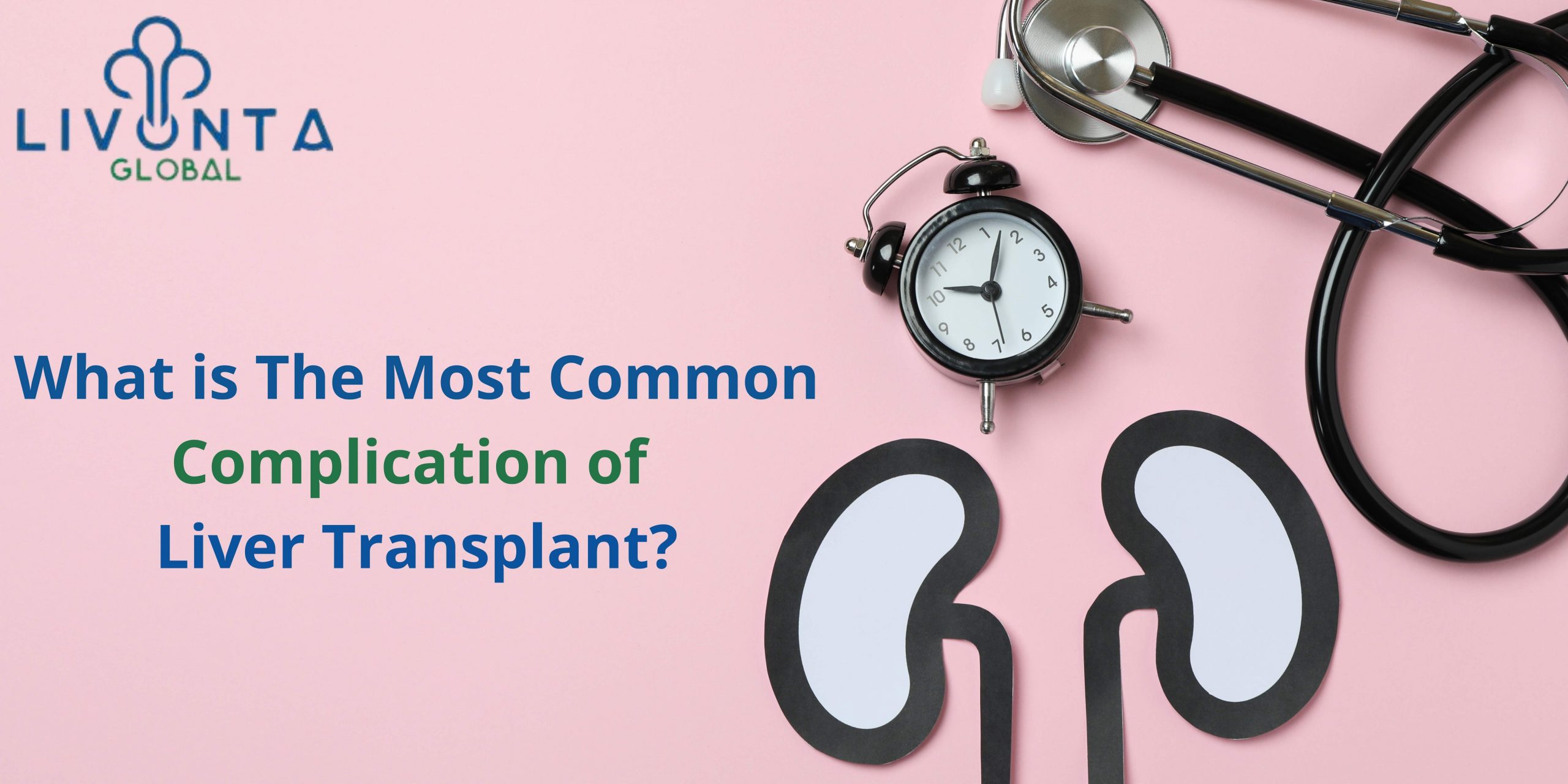
What is The Most Common Complication of Liver Transplant?
It is expected that your liver function will have normalized after the first few months following your operation if you are getting it done from any top liver hospital in India. Generally, as the risk of transplant rejection decreases after the first six months, your immune suppressing medications will be reduced. This means you won’t need to visit the clinic as frequently. Following the first year, patients who get a successful liver transplant may only need to visit the clinic every 3-4 months.
As time passes, the likelihood of issues decreases. However, in the months and years following your liver transplant, there are some long-term hazards that you should be aware of. However, even after you have got the operation done at the best liver hospital in India, there can be some complications such as –
Infection
Even months or years following a liver transplant, infections are prevalent. Chest and urinary infections are the most prevalent infections. Antibiotic pills are frequently effective in treating these infections. Infections that develop inside the liver transplant are more difficult to treat.
Some infections are caused by the liver of the donor. CMV is the most frequent of these viruses (cytomegalovirus). This virus infects more than half of healthy people and remains dormant in the body for the rest of your life after the initial infection.
High Blood Pressure
In every 100 transplants, this occurs in 40 to 80 people. Many people who have had a liver transplant develop excessive blood pressure (hypertension). Obesity and the use of steroid medications both raise the risk. This frequently necessitates the use of blood pressure medication.
Hypertension develops in the majority of liver transplant recipients. Obesity, corticosteroids, and immunosuppressants all raise the incidence of postoperative hypertension. This frequently necessitates the use of anti-hypertensive medication.
Kidney Issues
Kidney function may be affected after a liver transplant. In the days following the operation, a small number of patients may require interim dialysis. Up to 40% of patients will develop chronic or long-term kidney issues. This could be a side effect of the immunosuppressive drug you’re taking. Cyclosporin and tacrolimus, in particular, can harm the kidneys. Kidney function can decrease to the point that a kidney transplant is required.
High Cholesterol
High cholesterol affects a large number of patients. Obesity and steroid medications can also contribute to this. This may necessitate the use of medication to decrease your cholesterol levels.
Chronic Rejection
The 6-month period following a transplant has the highest risk of rejection. Your immune system will be less likely to accept the liver as being from another person after this period. Chronic rejection, on the other hand, might occur after 6 months. Chronic rejection is characterized by a long-term, and potentially permanent, deterioration of the transplanted liver’s function. It is caused by the immune system’s reaction to the transplanted organ in the recipient.
Only a small percentage of liver transplant recipients experience chronic rejection (around 2 in 100). It can result in the obliteration of bile ducts (ductopenia). While we don’t know exactly what causes it, repeated instances of acute rejection, as well as acute rejection that doesn’t respond well to treatment, are the most common risk factors. It’s critical to take immune suppression exactly as advised and to have your transplanted liver function and immune suppression levels checked on a regular basis.
Heart Problems
Heart issues might develop months or even years after a liver donation. These issues could be caused by an obstruction in the heart’s blood supply.
Dying
Within a year of receiving a liver transplant, around 7 out of 100 patients will die. Following a liver transplant, there is a chance of death. However, the vast majority of liver transplants are successful, with 93 out of 100 recipients still alive after a year. It’s necessary to keep in mind that your transplant team will not recommend a liver transplant if they consider the risks of the procedure outweigh the benefits.
Liver Transplant TreatmentTags: life after liver transplant, Liver Transplant, most frequent complications

